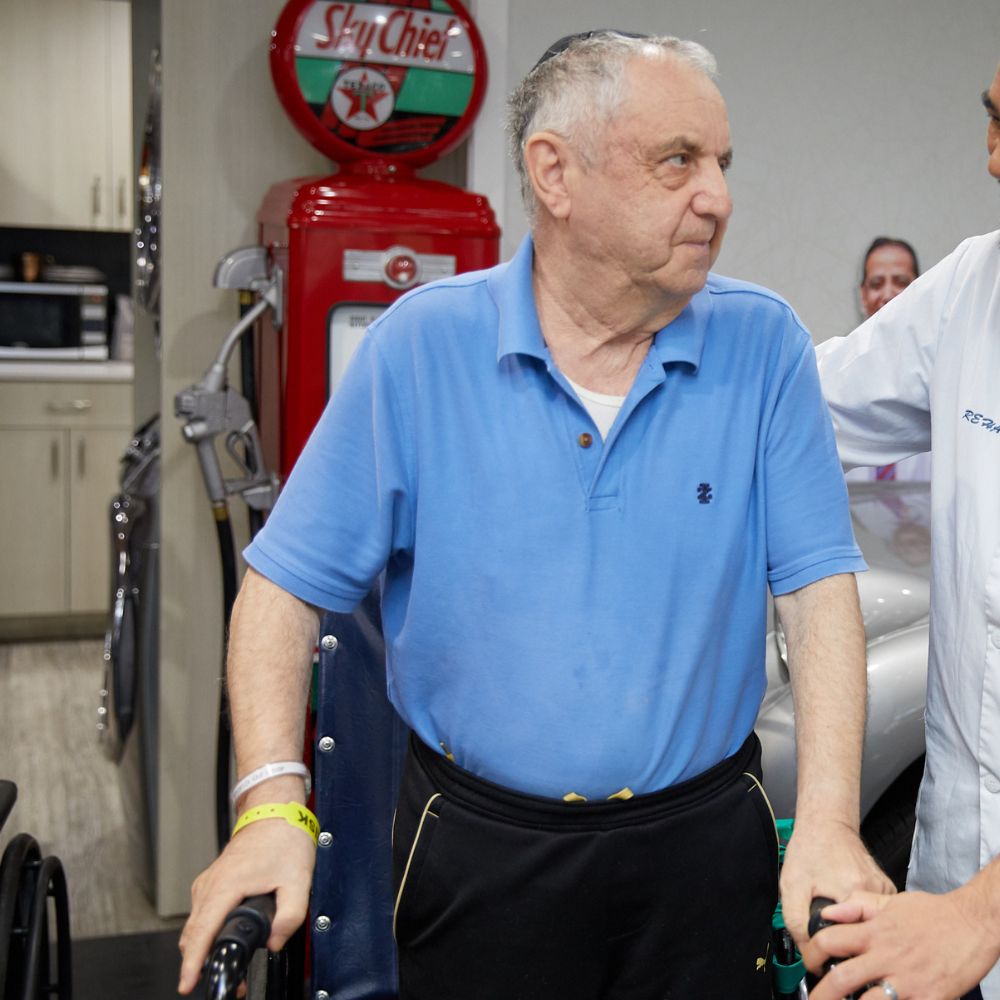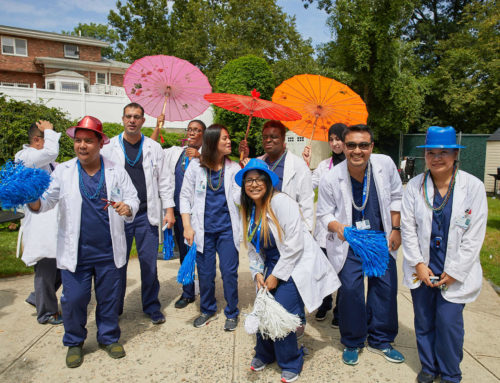Top 4 Causes of Prolonged Stiffness After Knee Surgery
After the knee replacement procedure, two of the most common complications include stiffness and poor range of motion. Though these issues are often temporary, some individuals experience prolonged stiffness after knee surgery. Such problems result from inactivity, infection, age, and poor lifestyle choices. Knee replacement surgery occurs when parts or all of the knee joint is damaged.
Physical therapy is essential for combating knee stiffness after a surgical procedure. A trained therapist helps you move and exercise the area safely, improving strength and flexibility. Doing so reduces stiffness in most cases, allowing you to regain most or all of your previous functions. The following sections cover the various causes of post-surgical knee issues and how to avoid them.

Causes Of Prolonged Stiffness After Knee Surgery
Reduced range of motion is common after knee surgery, though it’s usually temporary. For some individuals, the issue persists months after the procedure with a few possible causes. In some cases, scar tissue and collagen build up around the area, preventing the knee from moving as it should. Poor flexibility, inadequate pain management, surgical complications, or improper implant positioning are possible causes.
Though these issues may occur, a few more common problems are often reported. The following sections discuss these possible problems.
1. Ignoring physical therapy and low activity level
Not everyone sticks to the physical therapy program created by their medical team and often avoid moving their knee altogether. Doing so prevents any improvements in flexibility and often increases stiffness.
To avoid such issues, follow your physical therapist’s instructions. These include specific exercises, duration, and frequency. Physical therapy and rehab should continue until your knee functions improve. Even after such therapies are no longer required, maintaining activity is essential to prevent future knee stiffness.
2. Infection
Another possible cause of prolonged stiffness after knee surgery is infection. The metal and plastic implant materials could be contaminated with bacteria before or during the procedure. Once surgery is complete and the wound is closed, it’s difficult to treat the infection with antibiotics, though not impossible.
The bacteria breeds and spreads, weakening the implant and damaging the surrounding tissue. The area becomes difficult to move, feeling stiff and uncomfortable. Though such infections are rare, severe cases may require surgical treatment.
3. Poor lifestyle choices
Some lifestyle choices negatively affect your recovery after knee surgery, causing prolonged stiffness. For instance, unhealthy foods lack the nutrients, proteins, and minerals required for healing. Some items, including sugar, processed meats, and deep-fried items, even increase inflammation for reduced flexibility.
Nicotine narrows blood vessels and prevents healing, while alcohol increases stress. Both factors may cause long-term stiffness issues after a knee replacement. To avoid such discomfort, quit smoking and reduce alcohol intake. Healthy food choices improve healing while maintaining a healthy weight for less strain on the knee.
4. Age
Age may affect prolonged stiffness after knee surgery for a few reasons. Older individuals often experience higher levels of psychological distress, obesity, and medical conditions affecting their recovery. They often lead sedentary lifestyles pre-surgery, and some don’t participate in physical therapy after the procedure. Elderly people may also lack the social support required to motivate them during their recovery.
Resources:
https://my.clevelandclinic.org/health/treatments/8512-knee-replacement
https://www.ncbi.nlm.nih.gov/pmc/articles/PMC6836076/
https://www.hss.edu/conditions_revision-total-knee-replacement-faqs.asp
https://www.hopkinsmedicine.org/health/wellness-and-prevention/anti-inflammatory-diet
This article contains informational and educational materials and does not replace health or medical advice. For questions or concerns regarding your medical condition or health objectives, speak to a qualified physician or healthcare provider.






Leave A Comment